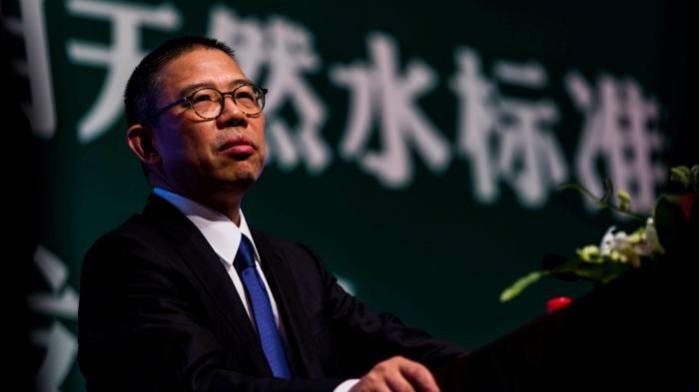As businesses across the world took a major hit due to the sustained lockdowns, the Chinese economy seemed to have not only survived the scar but have fared much better than all of its peers. As per a global tally released earlier this week, 200 hundred billionaires created in China thanks booming stock markets and a flood of new listings offset the ravages of the coronavirus pandemic
China's elite billionaires' club has nearly increased twice in size in the last five years as the world's No. 2 economy outperformed most others, and its potential to largely escape the worst of the coronavirus meant it was one of the few to grow last year. It is pertinent to note that China now has 1,058, making it the first country to crack the $1,000 mark, according to the Hurun Global Rich List, with 259 individuals breaking into the billion-dollar club, more than the rest of the world combined.
In contrast, the United States, which is placed second, produced 70 new billionaires, bringing the total number of billionaires in the country to 696.

Jack Ma's wings clipped
Zhong Shanshan of bottled water giant Nongfu, who joined the list for the first time with a fortune of USD $85 billion placing him at No. 1 in Asia, led the Chinese pack. Following a USD $1.1 billion initial public offerings (IPO) in Hong Kong last year, the former construction worker made his money. One of the most expected exclusions from the top 10 richest men in China was that of Jack Ma. A crackdown on e-commerce behemoth Alibaba, saw tycoon Jack Ma slip down the income ladder. Regulators have imposed anti-trust restrictions on Alibaba and its fintech arm Ant Group, which was once the toast of China's entrepreneurs.

Tesla CEO Elon Musk, Amazon founder Jeff Bezos, and Colin Huang of Pinduoduo, one of China's fastest-growing e-commerce players, all added more than $50 billion in a single year, according to the survey. According to Hurun's report, China continues to be the leader of the world in wealth creation, with 490 new billionaires added in the last five years, compared to 160 in the United States.














